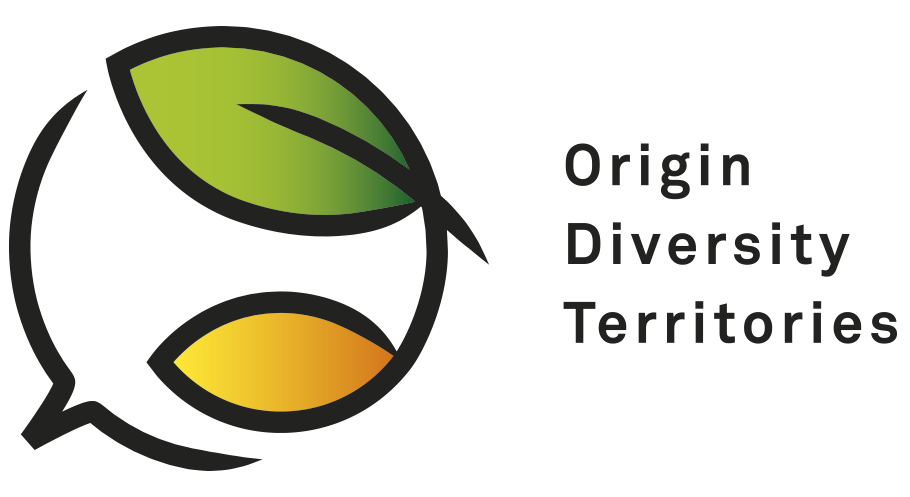Workshop 3 – Participatory certification
Moderation: Florence Arsonneau (Diversities & Development)
Nowadays, consumers tend to be more demanding of the products they buy, while being less available and more distant from the agricultural world. In this context, consumers and producers put in place strategies (certifications, purchasing groups, etc.) through which they share common values and build trust, thereby facilitating access to the market for quality products and their consumption.
Participatory Guarantee Systems are locally oriented quality assurance systems. They certify the producers on the basis of an active participation of the actors concerned and are built on a basis of trust, networks and exchanges of knowledge (Definition of IFOAM).
PGSs have developed independently in different countries and cultural contexts, to respond to the varied problems faced by organic producers. Even though these PGSs have developed independently and for different reasons, and if they implement their biological guarantee processes in a variety of ways, they share a number of common features.
The objective of this workshop is to present different examples of local participatory certifications and to exchange concretely on the keys to setting up and operating such strategies of guarantees and market access for quality products.
Dans quel contexte est-il intéressant de mettre en place un SPG ? Quelles sont les caractéristiques communes des certifications participatives ? Quels sont les avantages et points d’attention d’une certification autodéterminée et autogérée entre producteurs et consommateurs ? Quel est l’intérêt d’impliquer le consommateur dans tout le processus ? Comment se passe la « négociation » entre consommateurs et producteurs et comment assurer le respect du cahier des charges ?
Les intervenants de cet atelier présenteront des exemples concrets de certification participative, en place et en cours de mis en place.
In what context is it interesting to set up a PGS? What are the common characteristics of participatory certifications? What are the advantages and points of attention of a self-determined and self-managed certification between producers and consumers? What is the point of involving the consumer in the whole process? How is the « negotiation » between consumers and producers and how to ensure compliance with the specifications?
The speakers of this workshop will present concrete examples of participatory certification, in place and in progress.
Program
First Part: Presentations
- Federica Varini (PSG Project Coordinator – IFOAM – Organics International): IFOAM – Organics International’s work on PSGs and good practices in mountain regions
- Annie Melloukie (Network of Agroecological Initiatives in Morocco / project leader) and Mustapha Belharcha (Shoul BIO Producer Network (RADERS) / Producer): Establishment of a PSG for agroecology farm products close to Rabat (Morocco) – partnership with CIRAD
- Dimitra Gaki, Rural Space Laboratory (University of Thessaly): PSG, a tool of a territorial cluster to promote pastoral livestock farming
- Philipe PIARD, Nature et Progrès, Producer: Operation and organization of a citizen guarantee – Nature & Progrès – PSG local and national
Second part: Round table
Workshop participants are invited to share their experiences and initiatives with stakeholders, to discuss the processes of setting up and running participatory certification.
The space proposed in this workshop should help to answer questions about the interest, the functioning and the difficulties that can be encountered in the context of participatory certifications.
